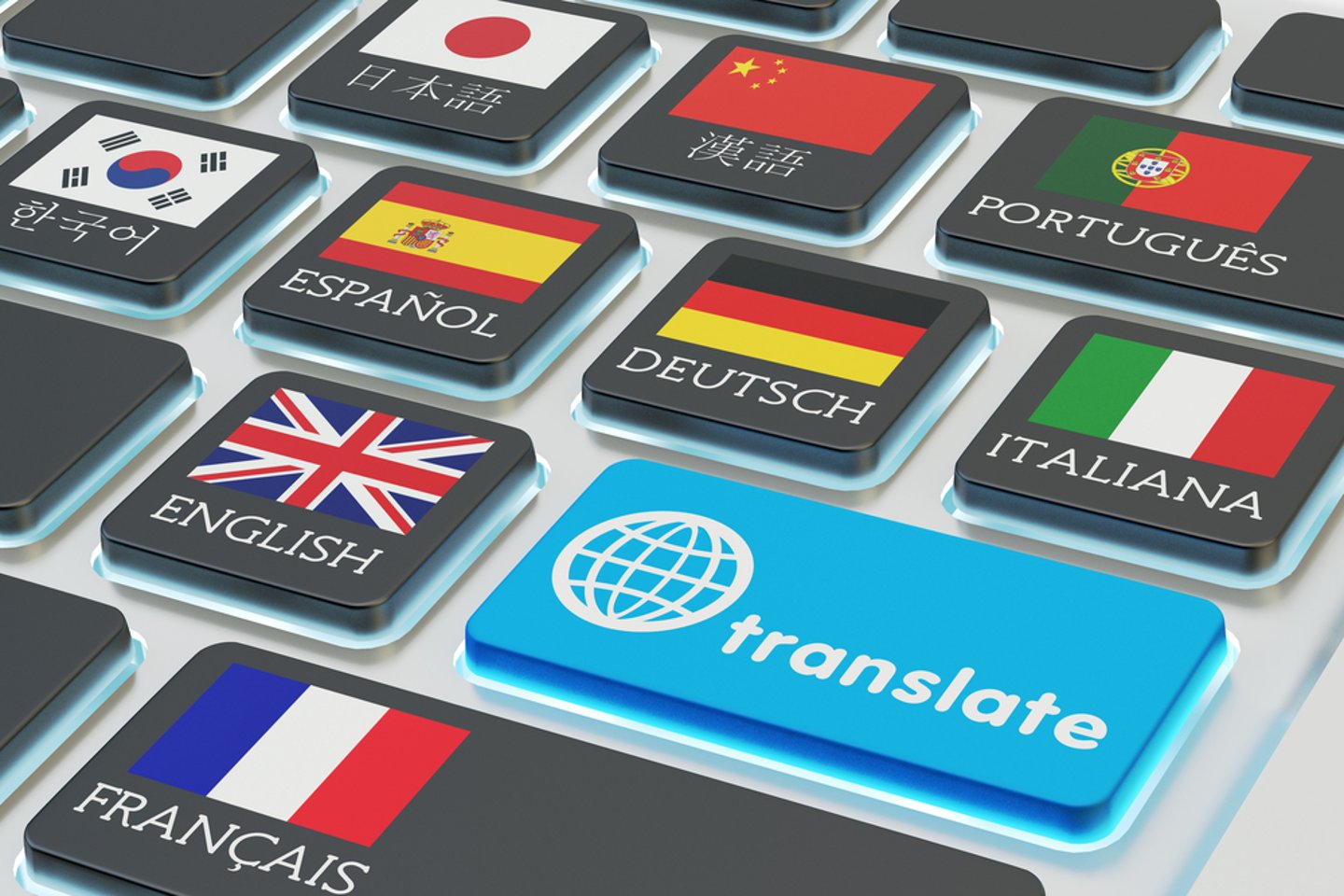How Translation Technology Is Transforming the Hospitality Industry
As the world slowly begins to open back up, tourists are eager to finally get the chance to travel. Travelers are ready to pack their bags and jet off on vacation and the future of the hospitality business is looking much more optimistic. Because the U.S. is only allowing limited foreign travelers, it is more important than ever to capture those few guests who are traveling. Hospitality businesses must stand out among the competition and prove their added value to guests. One of the key ways for businesses to capture travelers is through customer connection and communication. However, excellent customer service is useless if your guests don’t speak the same language. Fortunately, there is a solution - translation technology.
WHERE TO IMPLEMENT TRANSLATION TECHNOLOGY
According to TripAdvisor, 80 percent of travelers plan to spend more time planning and choosing their next vacation. This means guests will spend more time on hotel, flight and booking websites. Those traveling outside of their home country will rely on business websites to accurately translate offerings into their native language. CSA Research reports that 76 percent of travelers prefer to buy in their native language. Reliable translations on websites increase customer trust and boost conversions. The consequence of a bad translation? Disappointment, confusion or worse: unhappy customers.
However, the importance of accurate translations doesn’t end on the website. Once they have arrived, hotels have a special opportunity to go above and beyond to make guests feel welcome. By providing proper translations of important documents at the front desk, such as bills and invoices, guests can feel confident signing contracts. This is also an opportunity for staff to preemptively solve any confusion and dissipate any travel jitters.
ACCURATE TRANSLATIONS IMPROVE CUSTOMER SATISFACTION
When guests have checked in and settled into their rooms, they may be reluctant to purchase additional services, such as bike rentals, laundry, or dinner reservations if they don’t understand their options. Hotels can capture this business with detailed translations, making these options easily accessible to guests. It’s a win-win situation. Translations show that hotels are taking the extra step to care for guests, encouraging them to relax and enjoy their vacation. This offers an all-around better guest experience, leading to more customer happiness.
With proper translation tools in place, travelers can connect with the hotel concierge even when off the property. Guests will appreciate having their simple questions answered quickly. Hotels can also use this as an opportunity to anticipate guests' needs, allowing both guests and staff to feel at ease. Hotels can implement translations in hotel materials, such as signs, brochures and menus. With guests visiting from all over the world, it is important to be mindful of food and diet preferences. Accurate food labels are essential in the dining room. Incorrect food labels will cause confusion, disappointment and even leave guests feeling unhappy.
CHOOSING THE RIGHT TRANSLATION TOOL
A quick Google search pulls up a plethora of translation options. However, there are a multitude of factors to consider when picking a translation technology. In this day and age of hackers and fraudsters, internet security is of the utmost importance. Popular choices like Google Translate save all the data and information entered into their platforms. When translating sensitive materials such as bills and invoices, confidential details must be handled carefully. Additionally, it is vital that the translation technology seamlessly integrates into websites, emails and live chats, without interruption on the customer’s end.
TAKEAWAY
As the hospitality business begins to acclimate back into full service operations, it is more important than ever to be prepared for the influx of business. Traveling is no doubt a mix of both excitement and stress. Hotels have an opportunity to ease that stress by dissipating confusion from the start of the customer experience. By implementing the proper translation technologies, guests will leave the hotel feeling taken care of and heard. They will be more inclined to leave positive reviews and better yet - return for another stay.
ABOUT THE AUTHOR
Keith Jameson is the Director of Cloud Sales for SYSTRAN, the leader in AI-based translation technology. Prior to joining SYSTRAN, Jameson served as head of Enterprise Sales Development for Resolve Systems and Marketing Coordinator for Revealed Creative. With years of experience in business solutions, Jameson understands the unique challenges facing businesses today. He strives to connect companies with proper software and enjoys following them flourish as a result.

